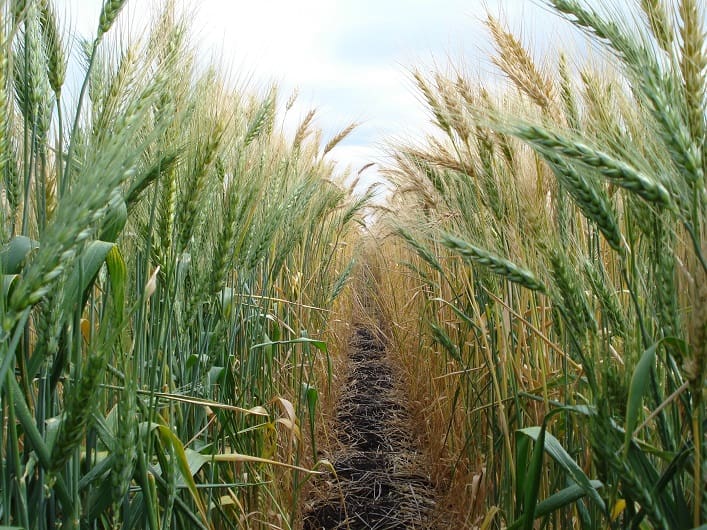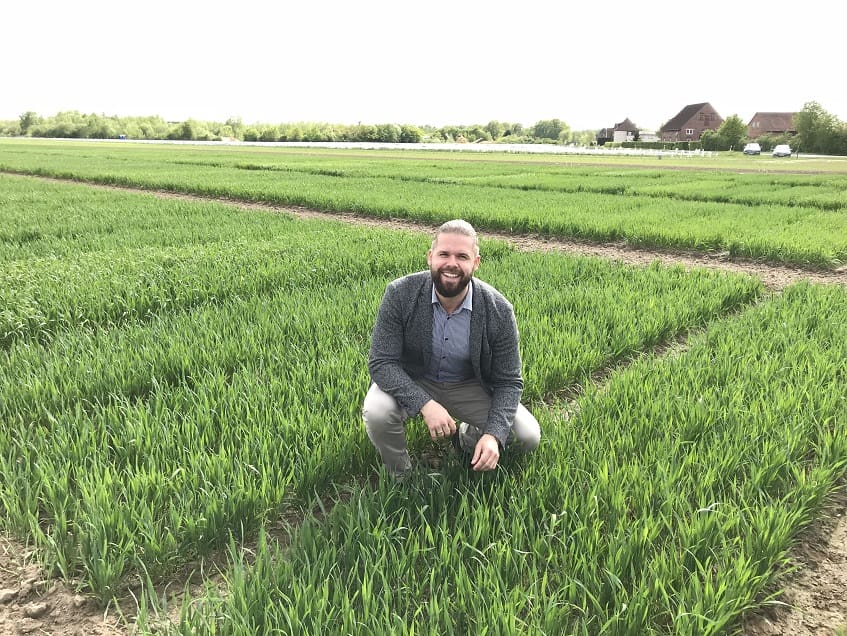THE myth that modern wheat varieties are more heavily reliant on pesticides and fertilisers than older varieties has been debunked by new research.
The University of Queensland’s Dr Kai Voss-Fels said modern wheat varieties had out-performed older varieties in side-by-side field trials under both optimum and harsh growing conditions.
“There is a view that intensive selection and breeding, which has produced the high-yielding wheat cultivars used in modern cropping, has also made them less resilient and more dependent on chemicals to thrive,” Dr Voss-Fels said.
“However, the data published today unequivocally shows that modern wheat out-performs older varieties, even under conditions of reduced amounts of fertilisers, fungicides and water.
“We also found that genetic diversity within the relatively narrow modern wheat gene pool is rich enough to potentially generate a further 23 per cent increase in yields.”
The researchers compared 200 wheat varieties, essential to agriculture in Western Europe over the past 50 years, under contrasting input levels of mineral fertilisers and plant protection chemicals.
Dr Voss-Fels said the findings might surprise some farmers and environmentalists.
“Quite a few people will be taken aback by just how tough modern wheat varieties proved to be, even in harsh growing conditions, such as drought, and using less chemical inputs.”
“This genetic information allows us to take the discovery to the next level,” Dr Voss-Fels said.
“We want to develop breeding strategies to bring together favourable alleles in new cultivars in the shortest possible time.”
“We are using artificial intelligence (AI) algorithms to predict the optimal crosses needed to bring together the most favourable segments as fast as possible.”
Global yields of the world’s most important food crop have been reduced by droughts in recent years.
Dr Voss-Fels said with more climate risk anticipated, the hardiness of modern wheat varieties was an issue of global significance.
“Increased breeding efforts are needed to enhance the resilience of wheat varieties to challenging environmental conditions.”
Dr Voss-Fels said the study’s findings could also have important implications for raising the productivity of organic cropping systems.
Source: UQ
Professor Rod Snowdon of the Justus-Liebig-University Gießen (JLU) and collaborators from seven other German universities led the research.
The study is published in Nature Plants (DOI: 10.1038/s41477-019-0445-5).





HAVE YOUR SAY